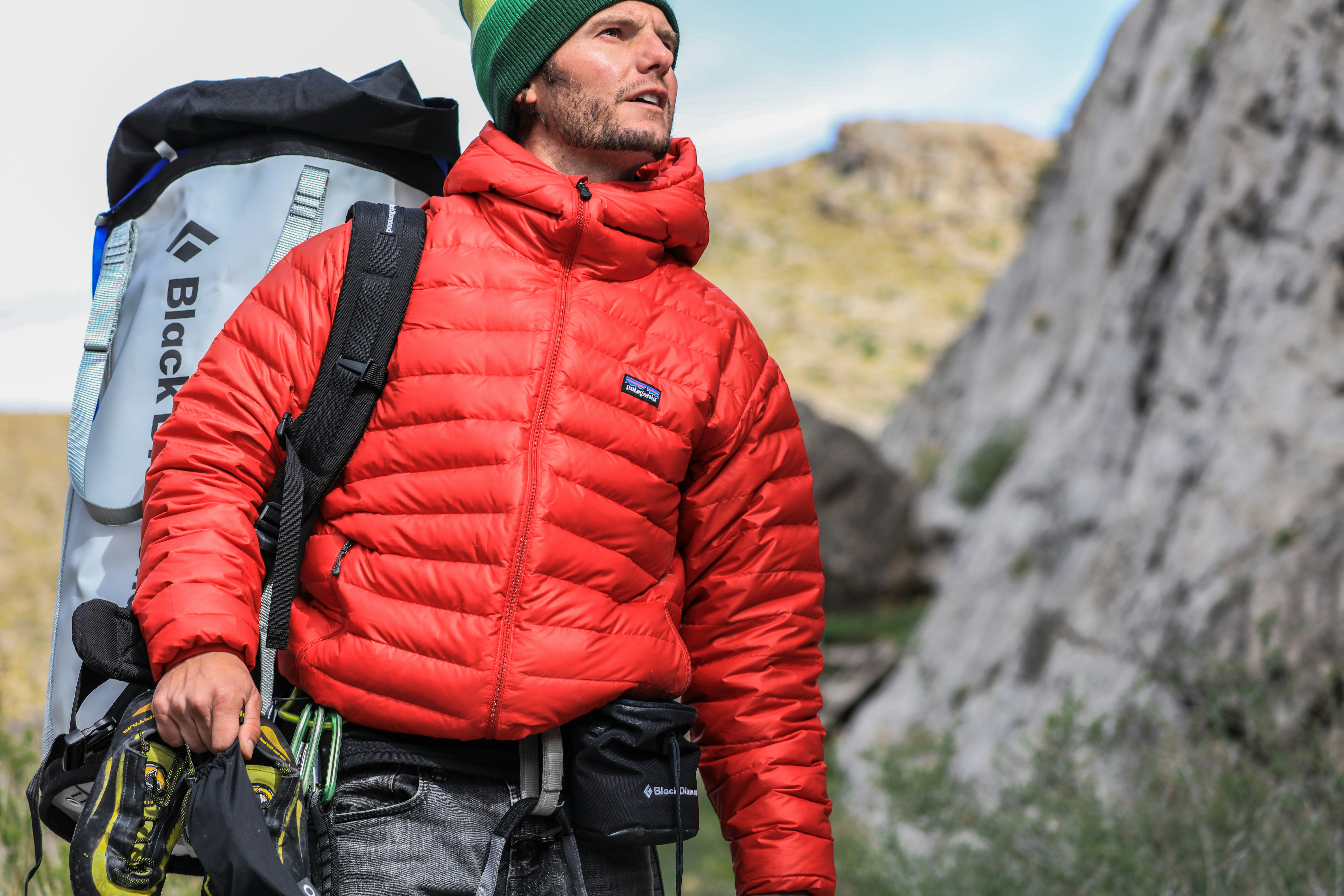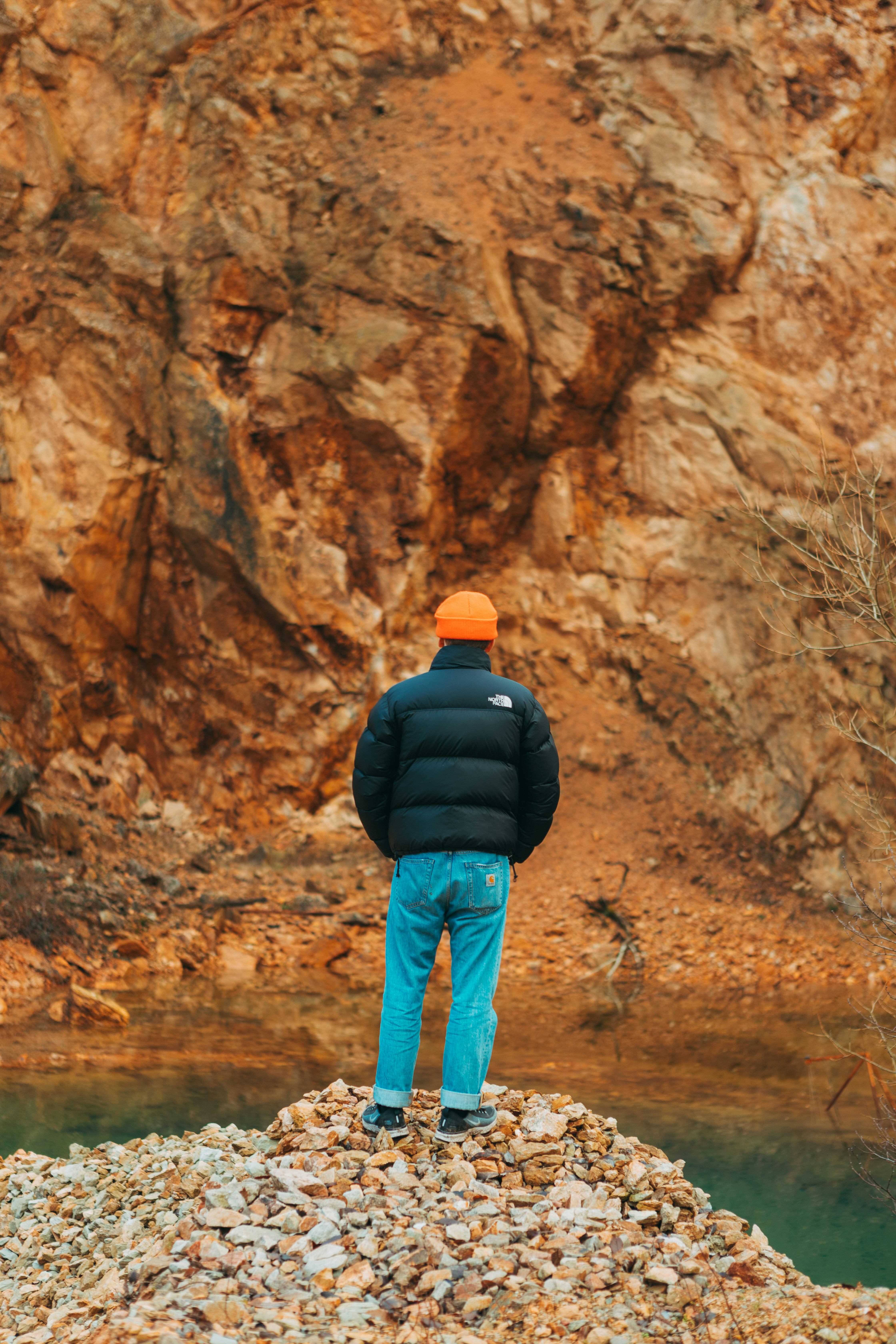Imagine standing at the base of the majestic mountains, feeling their immense presence surround you. As you prepare to embark on an adventure into this awe-inspiring landscape, it is vital to equip yourself with the essential skills that will ensure your survival. In this article, we will explore the crucial abilities necessary for navigating the unpredictable terrains, overcoming challenges, and embracing the exhilarating journey that awaits you in the mountains.
Understanding the Mountain Environment
When it comes to surviving in the mountains, it is crucial to have a solid understanding of the environment you will be entering. This begins with knowing the geography of the area you plan to explore. Research the topography, landmarks, and any potential hazards that may exist. Familiarize yourself with the terrain to ensure you are prepared for the challenges that lie ahead.
Equally important is comprehending the weather patterns of the mountainous region. Mountains can experience drastic weather changes, so being aware of the forecast and understanding how to navigate through different weather conditions is vital. Storms can roll in quickly, and extreme temperature changes are not uncommon. Being prepared for these weather variations can prevent potential dangers and help keep you safe.
Recognizing wildlife hazards is another crucial aspect of understanding the mountain environment. Mountains are home to a wide range of wildlife, some of which may pose a threat to humans. Educating yourself about the animals that inhabit the area and understanding their behaviors and habitats will help you avoid potential encounters. Knowing how to react in such situations and what actions to take can mean the difference between a safe experience and a dangerous one.
Lastly, understanding altitude sickness is essential when venturing into the mountains. Altitude sickness occurs when the body cannot adjust to the reduced oxygen levels at higher elevations. Symptoms may include headaches, nausea, dizziness, and difficulty breathing. Knowing how to recognize and manage altitude sickness is crucial for avoiding serious health risks and ensuring a safe journey.
Physical Fitness and Endurance
To successfully navigate the challenges presented by the mountain environment, it is necessary to be physically fit and have good endurance. Cardiovascular conditioning is essential as it improves your heart and lung health, allowing your body to efficiently transport oxygen and nutrients throughout your system. Engaging in activities such as running, cycling, or swimming can help improve your cardiovascular fitness.
Strength training is also vital as it builds muscle strength and stability, making it easier to navigate steep and uneven terrain. Incorporating exercises that target your core, legs, and upper body will improve your overall physical strength. Additionally, flexibility and balance exercises can enhance your agility and reduce the risk of injuries. Practices such as yoga or Pilates can help improve your flexibility and balance, allowing you to move with more ease and stability.
Camping Skills
When spending time in the mountains, knowing how to set up a tent is a fundamental skill. Your tent will be your home away from home, providing shelter and protection from the elements. Familiarize yourself with your tent and practice setting it up before your trip to ensure you can efficiently assemble and secure it. Additionally, learn how to properly stake it down and use guy lines to maximize its stability.
Being able to make a campfire is not only practical but also essential for warmth, cooking, and providing light. Learn different techniques for starting a fire, such as using matches, a lighter, or natural fire-starting methods. Remember to follow local regulations regarding fire safety and only build fires in designated areas. It is critical to properly extinguish any fires and leave no trace to minimize your impact on the environment.
Maintaining hygiene in the wilderness is crucial to prevent illness and maintain personal comfort. Pack biodegradable soap and toilet paper for proper waste disposal. Ensure you clean your hands thoroughly before handling food and maintain good personal hygiene throughout your trip. Properly disposing of trash and not disturbing or contaminating natural water sources are essential practices for keeping the wilderness pristine and safe for both humans and wildlife.
Hiking Abilities
To fully enjoy your time in the mountains, honing your hiking abilities is essential. Understanding trail markings is crucial for navigation and ensuring you stay on the right path. Familiarize yourself with the different markers used in the area you will be hiking and know how to interpret them. Trail markers vary greatly from region to region, so it is important to study the specific markings of your destination.
Pacing and energy conservation are crucial to prevent exhaustion and injury during long hikes. Find a comfortable pace that allows you to maintain a steady rhythm without overexerting yourself. Take breaks when necessary, and listen to your body’s cues. Avoid pushing too hard or ignoring signs of fatigue, as this can lead to injuries or exhaustion. Proper pacing and energy conservation will help you reach your destination safely and enjoy the experience along the way.
Different terrains require specific techniques to navigate effectively. Steep ascents or descents, rocky surfaces, and slippery trails all demand different approaches. Familiarize yourself with the challenges of the terrain you will encounter and learn the appropriate techniques. Practice walking on uneven surfaces and learn how to use trekking poles for extra support and stability. Knowing how to adapt your hiking technique to different terrains will boost your confidence and ensure a safer journey.
Survival First Aid
Accidents and injuries can happen even in the most prepared of situations, so understanding survival first aid is crucial. Recognizing and treating common injuries is essential for providing immediate care. Familiarize yourself with basic first aid techniques such as treating cuts, scrapes, sprains, and burns. Carry a comprehensive first aid kit and know how to use its contents effectively.
In the mountains, severe weather conditions can quickly become life-threatening. Knowing how to manage these situations is vital for survival. Learn how to identify signs of impending severe weather such as thunderstorms, blizzards, or heatwaves. Seek shelter immediately when such weather occurs and prioritize your safety above all else. Knowledge of how to build emergency shelters and create proper insulation from harsh conditions is crucial.
Encountering wildlife is a thrilling experience but can also be dangerous if not handled correctly. Educate yourself on the wildlife species native to the area you will be exploring and understand how to react in encounters. Familiarize yourself with specific behaviors and warning signs of aggression. Carry bear spray or other deterrents recommended for the area and know how to use them effectively. Being prepared for wildlife encounters will minimize the risk of harm to both you and the animals.
Navigation Know-How
Navigating through the mountains requires specific skills to ensure you stay on track and reach your destinations safely. Using a map and compass is a fundamental skill that all mountain explorers should possess. Learn how to read topographic maps and orient yourself using a compass. Practice navigating through different terrains using these tools before embarking on your journey.
Recognizing natural landmarks can also be a helpful navigation tool in the mountains. Study the distinctive features of the area you plan to explore and look for prominent landmarks that can serve as reference points. These can include mountains, lakes, rock formations, or unique vegetation. Training your eye to spot and identify these landmarks will help you stay on the right track.
In certain situations, navigating by the stars can be useful, especially at night when other navigation tools may not be available. Familiarize yourself with the night sky and be able to identify constellations or stars that can help guide your way. Develop an understanding of celestial navigation methods to ensure you can navigate even without electronic devices or traditional tools.
Food and Water Procurement
When spending prolonged periods in the mountains, knowing how to procure food and water is essential. Identifying edible plants and insects is a valuable skill that can sustain you if you run out of food or find yourself in an emergency. Research the native vegetation in the area and learn how to identify edible species. Additionally, familiarize yourself with basic insect foraging techniques for protein-rich sustenance.
Hunting and fishing provide alternative food sources in the wilderness, but these skills require knowledge and practice. Understand local regulations and restrictions regarding hunting and fishing, and ensure you have the necessary permits and licenses. Learn proper hunting techniques and how to fish, including basic fishing knots, bait selection, and equipment usage. Keep in mind that these activities should only be undertaken if you have the appropriate knowledge and experience.
Water is essential for survival, but it must be purified before consumption in the wilderness. Identify water sources such as streams, rivers, or lakes and learn how to effectively purify the water found in these areas. Carry water purification methods such as filters, purification tablets, or boiling equipment. Understand the risks associated with untreated water and the potential waterborne diseases that could be present.
Weather Adaptability
Being able to adapt to varying weather conditions is crucial for survival in the mountains. Preparing for and enduring storms is essential to prevent exposure and hypothermia. Carry appropriate rain gear, including a waterproof jacket and pants, and be prepared to seek shelter in case of sudden rainfall or thunderstorms. Additionally, learn how to identify safe areas during lightning storms and the proper actions to take to minimize the risk of being struck.
Staying warm in extreme cold is vital to avoid hypothermia and frostbite. Layering your clothing is key to trapping body heat and staying insulated. Wear moisture-wicking base layers, insulating mid-layers, and windproof outer layers. Protect your extremities by wearing proper gloves, hats, and boots rated for cold temperatures. Carry extra layers and emergency blankets for added protection.
Having the appropriate clothing and gear for varying conditions is essential to ensure your safety and comfort in the mountains. Research the specific gear requirements for the area you plan to explore, taking into account the elevation, climate, and terrain. Invest in quality equipment that is durable, lightweight, and designed for the activities you will be undertaking. Regularly check and maintain your gear to ensure it remains functional and safe to use.
Understanding and Maintaining Gear
Choosing the right backpack is crucial for comfortably carrying all your gear and supplies. Consider factors such as size, weight distribution, and durability when selecting a backpack. Ensure it has the necessary compartments and features to accommodate your specific needs. Practice packing your backpack efficiently and distributing the weight evenly to minimize strain on your body during long hikes.
Keeping your equipment dry and functional is essential in the often unpredictable mountain environment. Invest in waterproof storage bags or dry sacks to protect sensitive items such as electronics, clothing, and food from moisture. Regularly clean and maintain your gear to prevent any damage or malfunctions that could compromise your safety. Store your equipment properly between trips to ensure it remains in good condition.
Accidents or wear and tear may occur while in the wilderness, so knowing how to repair gear is a valuable skill. Carry a repair kit with basic tools, spare parts, and repair materials such as duct tape or cordage. Learn how to make simple repairs to your tent, backpack, or clothing to avoid further damage. Being self-sufficient in gear repairs will save you from potential hardships and ensure you are prepared for any situations that may arise.
Personal Safety Measures
Preventing and managing hypothermia and frostbite is crucial for your personal safety in the mountains. Familiarize yourself with the symptoms and warning signs of these conditions, such as shivering, confusion, numbness, and discolored skin. Take preventative measures such as layering appropriately, staying dry, and seeking shelter when necessary. If symptoms occur, take immediate action to warm up and seek medical attention if needed.
Understanding avalanche safety is crucial when venturing into mountainous regions prone to snow slides. Educate yourself on the signs of avalanche risks such as recent snowfall, wind patterns, and unstable slopes. Learn how to use avalanche beacons, probes, and shovels to quickly locate and rescue someone in case of an avalanche. Take an avalanche safety course to gain the necessary knowledge and skills to minimize the risk of being caught in an avalanche.
Preventing and handling emergency situations is a critical skill for surviving in the mountains. Prepare an emergency plan before your trip, including communication methods and emergency contact information. Carry a personal locator beacon or satellite communication device in case of emergencies. Familiarize yourself with basic wilderness first aid techniques and know when to signal for help or evacuate if necessary. Staying calm, making informed decisions, and being prepared for unexpected situations will increase your chances of survival.
In conclusion, surviving in the mountains requires a combination of skills, knowledge, and preparedness. Understanding the mountain environment, being physically fit, and having essential camping skills are fundamental. Developing sound hiking abilities, survival first aid knowledge, and navigation know-how are crucial for safe mountain exploration. Knowing how to procure food and water, adapt to changing weather conditions, and maintain gear are vital for long-term survival. Finally, prioritizing personal safety measures and being prepared for emergencies are key to ensuring a successful mountain experience. By mastering these essential skills, you can confidently embark on your mountain adventures and enjoy the breathtaking beauty and challenges nature has to offer.



